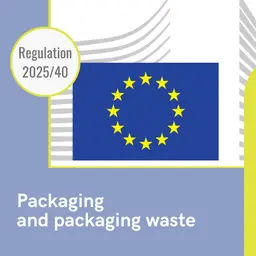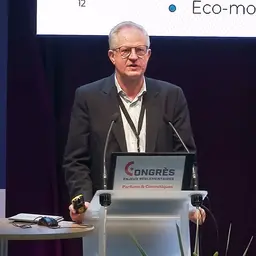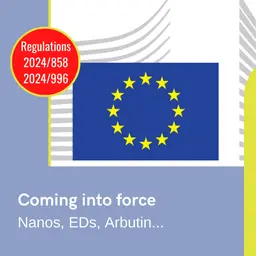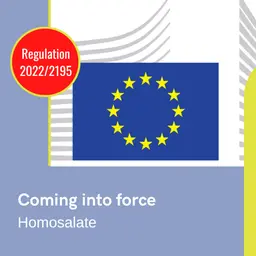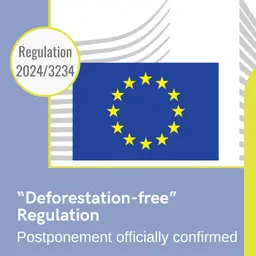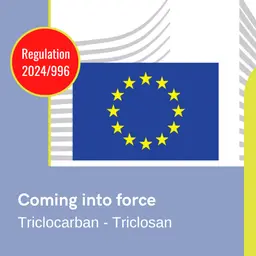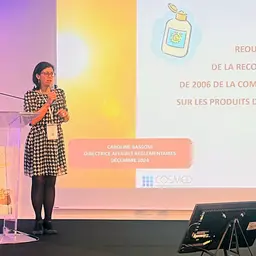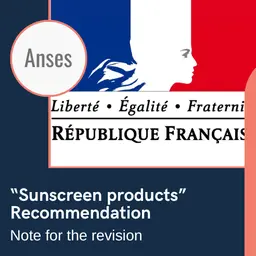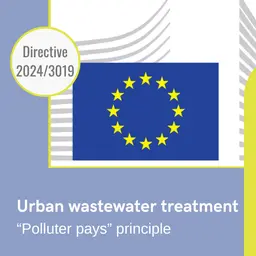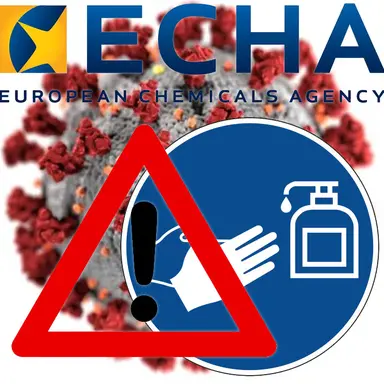
The information is provided by ECHA (the European Chemicals Agency): several European Union countries have signalled to the Commission that the Covid-19 pandemic has led to an increased number of non-compliant (hand) disinfectants on the market. National enforcement authorities are taking action to protect citizens from the risks of illicit and ineffective products, says the Agency.
In the context of the Covid-19 pandemic, European states are encouraged to apply derogations to the normal product authorisation requirements of the Biocidal Products Regulation (BPR) to increase and speed up the production of disinfectants. This is to ensure that healthcare professionals and citizens have access to these products.
The high demand for disinfectants to fight Covid-19 and the granting by Member States of health emergency permits have attracted new producers and suppliers to the market. These companies may not have prior knowledge of the applicable legal framework, and although many act in good faith and use all the available help offered by ECHA and national authorities, some appear to be taking advantage of the situation.
20 EU Member States have reported an increase in non-compliant (hand) disinfectants on their markets since March 2020.
Many of them reported cases of disinfectants that do not have the required authorisation or permit, or lack hazard labelling. Many countries also indicated that they found products that were claimed to be disinfectants but which had a formulation that cannot be sufficiently effective against viruses – for example, due to insufficient concentrations of active substances with virucidal activity that stops the spread of viruses.
When …

